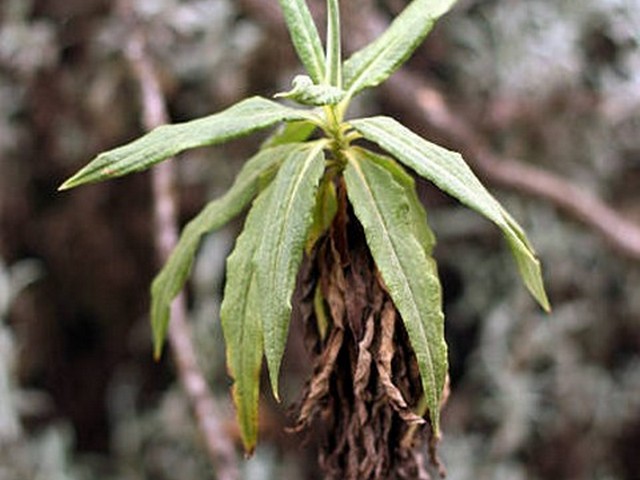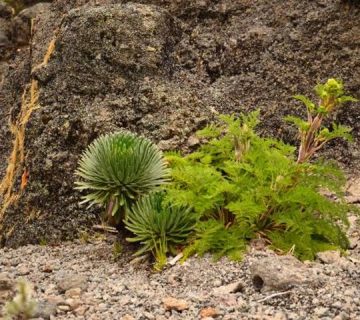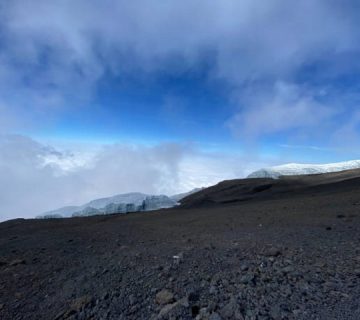Climbing Up with Conscience: Kilimanjaro Trekking With Ethical Travel Companies
Embarking on a journey to the roof of Africa, Mount Kilimanjaro, is not merely about conquering heights; it’s a profound engagement with nature that demands responsibility and ethical sensitivity. Among the lush rainforests, alpine deserts, and gleaming glaciers, the ethos of your travel choice significantly impacts both the environment and the local communities. This is where choosing ethical travel companies for your trek becomes crucial. In this blog post, we will explore why trekking with conscientious operators like the Kilimanjaro Centre for Trekking and Ecotourism (KCTE) not only enhances your experience but also contributes positively to the world.
Why Choose Ethical Trekking on Kilimanjaro?
The Environment Matters
Mount Kilimanjaro is a unique ecological marvel, home to diverse species and ecosystems that are sensitive to human impact. Ethical trekking means minimizing your carbon footprint, reducing waste, and conserving the natural habitats you explore. Companies committed to these principles ensure that your adventure preserves the beauty and health of the mountain for future generations.
Support Local Communities
When you trek with an ethical company, you are directly supporting the local economy. Ethical operators like KCTE employ local guides, porters, and staff, providing fair wages and fostering community development. Your trek becomes a channel through which you contribute to improving the living standards of the local people.
Safe and Respectful Adventures
Ethical travel companies adhere to high safety standards while respecting local cultures and traditions. They ensure that travelers receive comprehensive pre-trek training and health tips, while also fostering respectful interaction with local communities and their cultural heritage.
How KCTE Upholds Ethical Trekking Standards
Sustainable Practices
At KCTE, we are deeply committed to sustainable tourism. We follow strict leave-no-trace policies, ensuring all waste is carried off the mountain and disposed of properly. Our water usage is carefully managed, and we use eco-friendly products to diminish our environmental impact.
Empowering Local Communities
KCTE is proud to be a community-centric organization. We not only employ locals but also actively engage in community projects and education programs. A portion of our proceeds goes directly into local initiatives focusing on education, health, and environmental conservation.
Commitment to Safety and Comfort
Our treks are designed with your safety and comfort in mind. We provide gear and equipment that meet international safety standards and conduct regular training sessions for our staff to handle any situation adeptly.
What to Expect When Trekking Kilimanjaro with KCTE
Pre-Trek Guidance
KCTE believes in thorough preparation. We offer detailed pre-trek briefings and training sessions that cover physical preparation, health tips, and cultural etiquette. This preparation ensures that you are well-equipped for the journey ahead both mentally and physically.
A Journey Through Eco-zones
Kilimanjaro offers a cascade of ecological zones — from lush rainforests to alpine deserts, each zone presents unique flora, fauna, and landscapes. Trekking with KCTE, you’ll learn about these ecosystems in depth from our knowledgeable local guides, enhancing your understanding and appreciation of this majestic mountain.
Cultural Immersion
Our treks offer more than just scenic views; they open a window to the rich local culture. Participate in community visits and interact with the Chaga people, native to the Kilimanjaro region. Gain insights into their traditions, crafts, and ways of life.
Booking Your Trek: Why Choose KCTE?
Choosing KCTE for your Kilimanjaro adventure means opting for a responsible, memorable, and impactful journey. Our commitment to ethical practices ensures that every step you take on the mountain contributes to the preservation of this magnificent natural wonder and the betterment of its local communities.
Frequently Asked Questions
What is the best time to climb Kilimanjaro?
The best times to climb Kilimanjaro are during the dry seasons: January to mid-March and June to October. These periods offer the clearest skies and safest climbing conditions.
How fit do I need to be to climb Kilimanjaro?
Kilimanjaro is a non-technical climb, but it is physically demanding. Adequate physical preparation is necessary. Engage in cardio, strength training, and hikes with elevation gain in the months leading up to your trek.
What should I pack for the trek?
Packing wisely is key to a successful Kilimanjaro expedition. Essential items include thermal layers, waterproof clothing, hiking boots, sun protection, a sleeping bag suitable for low temperatures, and a daypack. KCTE provides a comprehensive packing list to all registered climbers.
How does KCTE contribute to ethical trekking?
KCTE adheres to strict environmental policies, supports local employment and welfare, ensures safety and health standards, and engages in community development projects.
Concluding Your Ethical Journey
Climbing Kilimanjaro is an adventure of a lifetime, and doing so with an ethical travel company like KCTE makes your journey profoundly meaningful. Not only will you achieve a personal milestone, but you’ll also contribute positively to the environmental conservation and community welfare of the Kilimanjaro region.
Are you ready to take the step? Book your Kilimanjaro trek with Kilimanjaro Centre for Trekking and Ecotourism (KCTE) and embark on an adventure that rises above the ordinary — in every sense of the word. Visit our website or contact us today to begin your ethical trekking journey to the peak of Mount Kilimanjaro.




